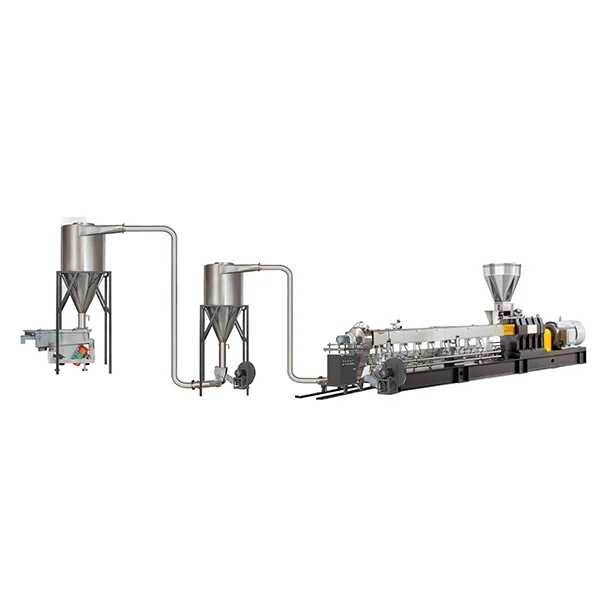In today's fast-paced world, maintaining good health and well-being is of utmost importance. One crucial aspect of achieving this is ensuring an adequate intake of essential minerals. These micronutrients play a vital role in various bodily functions, from supporting bone health to boosting immune function. In this comprehensive blog post, we will delve into the world of minerals and explore the best ones to incorporate into your daily routine.
- Magnesium: The Mighty Mineral:
Magnesium, often referred to as the mighty mineral, is involved in over 300 enzymatic reactions within the body. It plays a crucial role in energy production, muscle function, and maintaining a healthy nervous system. Additionally, magnesium aids in regulating blood pressure and promoting cardiovascular health. Excellent sources of magnesium include leafy greens, nuts, seeds, and whole grains. - Calcium: Beyond Strong Bones:
While most people associate calcium with bone health, its benefits extend far beyond that. Calcium is essential for muscle contraction, nerve transmission, and blood clotting. It also plays a role in maintaining a regular heartbeat and supporting optimal dental health. Dairy products, leafy greens, and fortified plant-based milk are excellent sources of calcium. - Iron: Vital for Vitality:
Iron is a mineral that is vital for the production of hemoglobin, a protein responsible for carrying oxygen throughout the body. It is crucial for maintaining energy levels, supporting cognitive function, and promoting a healthy immune system. Incorporate iron-rich foods such as lean meats, legumes, spinach, and fortified cereals into your diet to ensure an adequate intake. - Zinc: The Immune Booster:
Zinc is renowned for its immune-boosting properties. It plays a pivotal role in supporting the body's defense system, promoting wound healing, and aiding in DNA synthesis. Additionally, zinc is involved in taste and smell perception, making it an essential mineral for sensory function. Oysters, beef, poultry, beans, and nuts are excellent sources of zinc. - Potassium: Electrolyte Balance:
Potassium is an electrolyte that helps maintain fluid balance, nerve function, and muscle contractions. It also supports heart health by regulating blood pressure. Incorporating potassium-rich foods such as bananas, avocados, leafy greens, and potatoes into your diet can help ensure optimal levels of this essential mineral.
Conclusion:
Incorporating the right minerals into your diet is crucial for maintaining optimal health and well-being. From magnesium's role in energy production to zinc's immune-boosting properties, each mineral plays a unique and vital role in our bodies. By including a variety of mineral-rich foods in your diet, you can ensure you're getting the necessary nutrients to support your overall health. Remember, consult with a healthcare professional or a registered dietitian to determine your specific mineral needs and any potential interactions with medications or existing health conditions.


